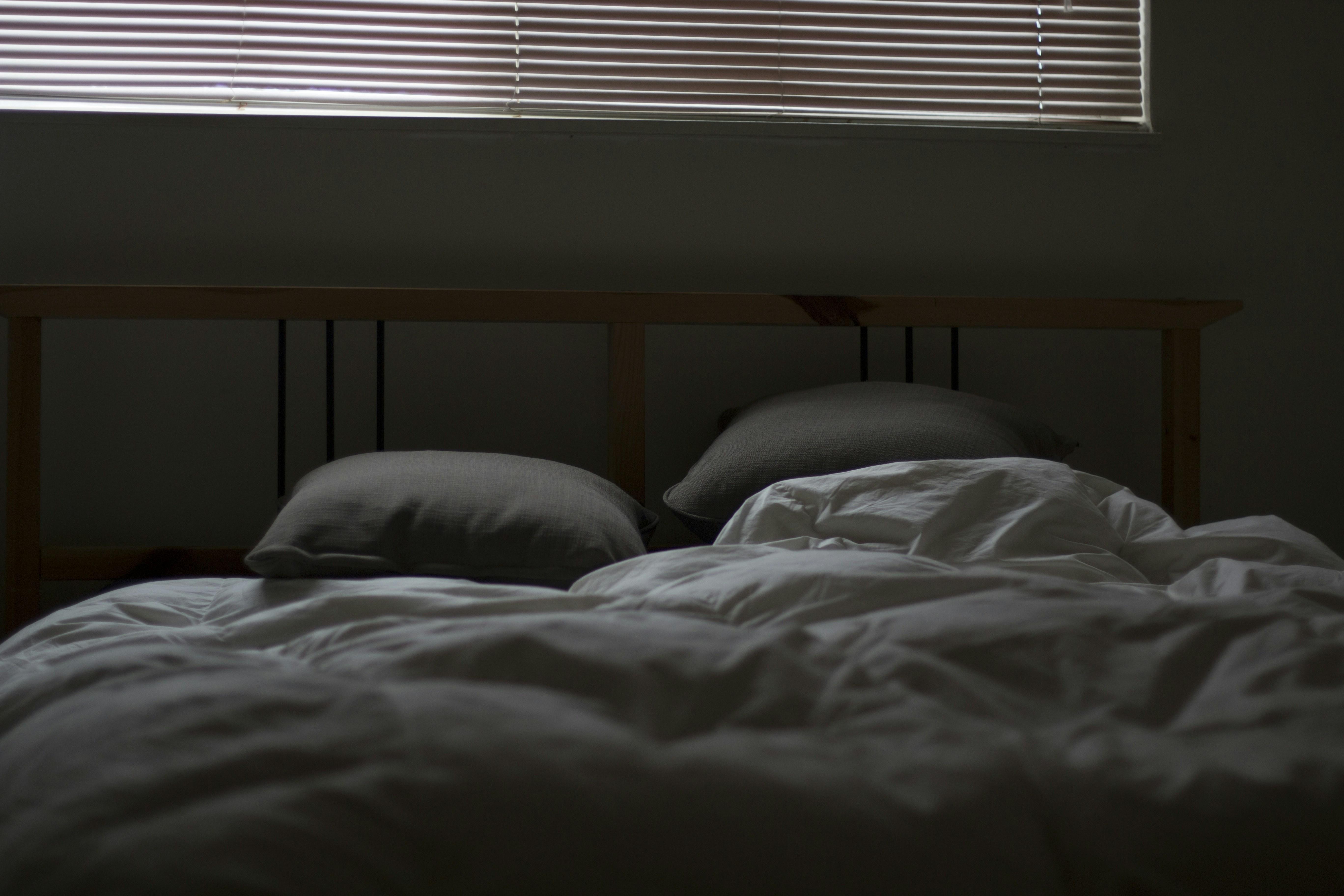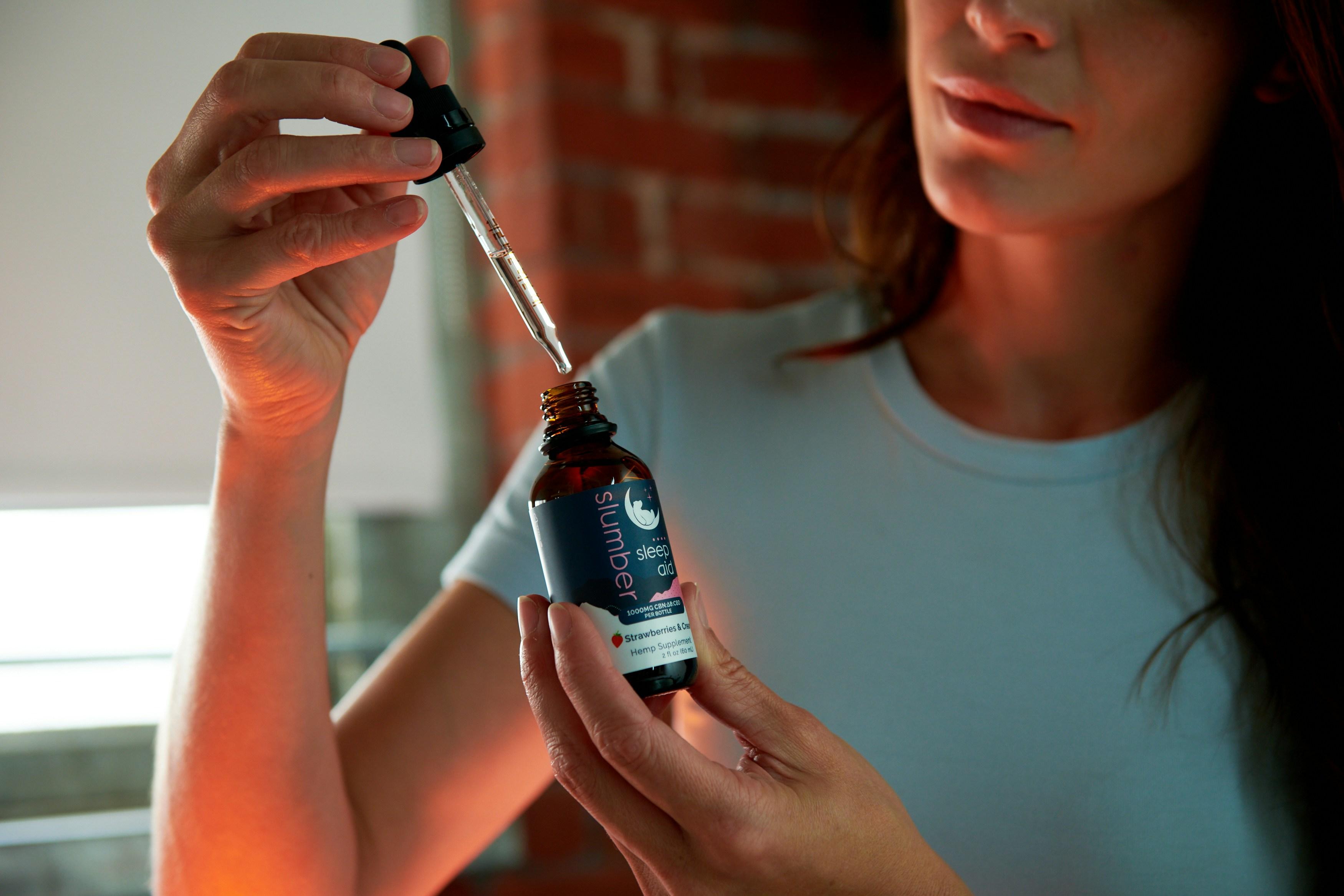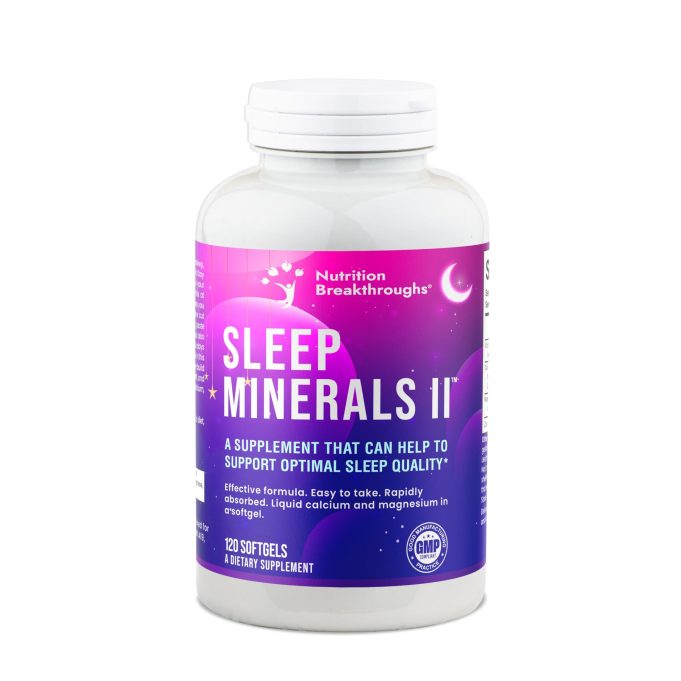In the delicate dance between night and day, sleep serves as the elusive partner many yearn to embrace. As modern life hums with the relentless rhythm of technology and stress, restful slumber often slips through our fingers, leaving us weary and longing for a solution. Enter sleep supplements, the glittering promises in tiny bottles that line the shelves of health stores and pharmacies. With labels boasting restful nights and rejuvenated mornings, these supplements offer hope to the sleep-deprived. But as we reach for these potential panaceas, questions linger in the shadows: Are they safe? Do they truly deliver the serenity they pledge? In this exploration, we delve into the world of sleep supplements, unraveling the science, scrutinizing the safety, and pondering the efficacy of these nighttime companions. Join us as we navigate this intriguing landscape, seeking clarity amidst the dreams and doubts.
Understanding the Ingredients: What’s Inside Your Sleep Supplement
Peering into the world of sleep supplements reveals a variety of ingredients, each promising a more restful night. Melatonin, a hormone naturally produced by the body, is often a key component. It helps regulate the sleep-wake cycle, making it a popular choice for those battling jet lag or shift work. Valerian root, known for its calming properties, has been used for centuries as a natural remedy for insomnia and anxiety. While these ingredients are generally well-tolerated, it’s essential to be aware of their interactions with other medications or conditions.
Another common ingredient is Magnesium, which plays a crucial role in supporting deep, restorative sleep by maintaining healthy levels of GABA, a neurotransmitter that promotes relaxation. Chamomile and Lavender are also frequently included for their soothing effects, often found in teas and supplements alike. When examining the label of your chosen supplement, consider these ingredients and their potential benefits, as well as any personal allergies or sensitivities. Always consult with a healthcare provider to ensure these ingredients align with your health needs and lifestyle.

The Science Behind Sleep Aids: Do They Really Work?
In a world where sleep is often elusive, many turn to sleep aids in hopes of finding solace in slumber. The effectiveness of these supplements is often a topic of debate. While some people swear by their nightly melatonin ritual, others remain skeptical. Melatonin, a hormone that regulates sleep-wake cycles, is one of the most popular supplements and is generally considered safe for short-term use. However, its long-term effects are still being studied. Similarly, valerian root and chamomile are herbs often touted for their calming properties, but scientific evidence supporting their efficacy remains limited.
When considering sleep aids, it’s important to weigh potential benefits against possible risks. Some common concerns include:
- Dependency: Regular use of certain sleep aids can lead to psychological dependency.
- Side effects: Some individuals may experience dizziness, headaches, or gastrointestinal issues.
- Interactions: Sleep supplements can interact with other medications, impacting their effectiveness or causing adverse effects.
Ultimately, whether these aids are effective often depends on the individual. Consulting with a healthcare professional can provide personalized advice and ensure safe use.

Potential Risks and Side Effects of Sleep Supplements
When considering sleep supplements, it’s essential to be aware of potential risks and side effects. While many people turn to these aids for a restful night’s sleep, they may not be suitable for everyone. Some common side effects include:
- Drowsiness during the day, affecting concentration and productivity.
- Dizziness or feelings of lightheadedness, which can impact daily activities.
- Digestive issues, such as nausea or an upset stomach.
- Allergic reactions, though rare, can occur and may present as rashes, itching, or swelling.
Furthermore, the long-term effects of some sleep supplements remain largely unknown, and there is the potential for dependency. It’s crucial to approach these supplements with caution, ideally under the guidance of a healthcare professional. Remember that what works for one person may not work for another, and individual reactions can vary widely.

Expert Recommendations: Choosing the Right Sleep Aid for You
When selecting a sleep aid, it’s essential to consider both personal needs and professional advice. Melatonin is a popular choice, known for its ability to regulate sleep-wake cycles. However, its effectiveness can vary based on individual factors such as age and lifestyle. Valerian root, often praised for its calming properties, might be more suitable for those experiencing stress-induced insomnia. It’s always wise to consult with a healthcare provider to tailor a sleep aid regimen that aligns with your specific health profile.
Here are some key points to consider when choosing a sleep supplement:
- Consultation: Always discuss with a healthcare professional before starting any supplement.
- Ingredients: Check for natural ingredients and avoid those with synthetic additives.
- Dosage: Follow the recommended dosage to avoid adverse effects.
- Interactions: Consider potential interactions with other medications you may be taking.
Ultimately, the right choice should balance safety, effectiveness, and personal comfort to ensure restful nights and refreshed mornings.






























